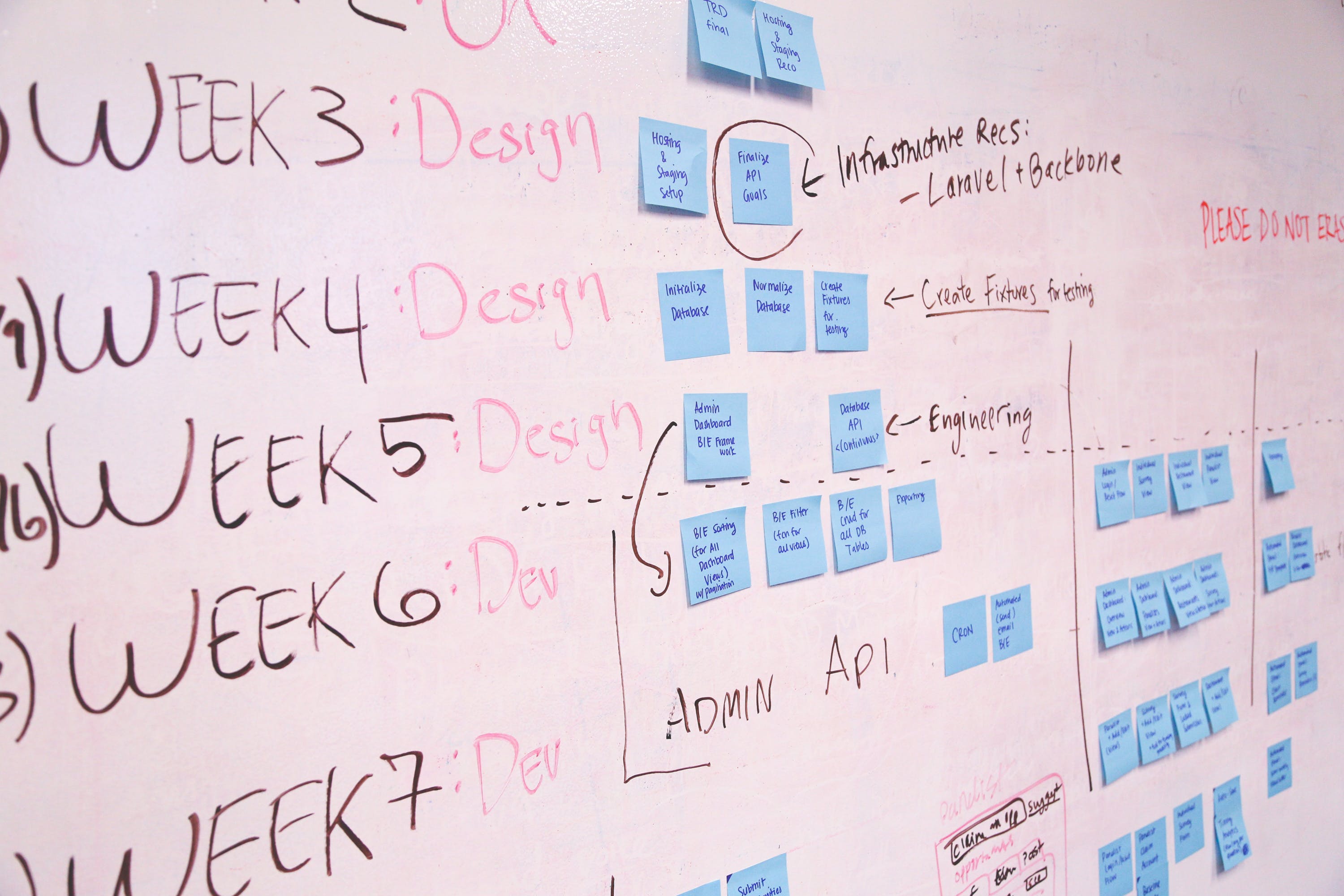
Exploring Project Management for Development
Exploring Project Management for Development
In the world of development work, projects are vehicles for positive change. However, driving these vehicles effectively requires more than just good intentions. Project management isn't just about ticking boxes and meeting deadlines in a linear manner: It's a tool used for weaving strategy, execution, and reflection in a cycle involving initiation, planning, implementation, evaluation, and iteration to deliver tangible impact. At a recent virtual Coaching Session on Project Management, Martin-Mary Falana shed light on this approach, drawing parallels between project management and the logical framework for articulating goals, objectives, outputs, and activities.
Here are some key steps for effectively managing your next project:
Clearly define the goals: Start with a firm understanding of your project's purpose. Conduct thorough needs assessments, utilizing diverse tools like key informant interviews and desk reviews. This forms the bedrock upon which your project rests.
Plan with purpose: Craft SMARTER-G objectives – make them Specific, Measurable, Achievable, Realistic, Time-bound, Expandable, Rewarding, and Gender-responsive. This ensures your objectives are laser-focused on achieving desired outcomes.
Be sure to distinguish between Activities and Strategies. Strategies are broader approaches, while activities are specific tasks within those strategies. Avoid confusing activities for strategies, like writing "build capacity" instead of "conduct training workshops to enhance skills."
Be as detailed as you can be in laying out your work plans. With this roadmap, you can clearly assign roles and responsibilities for each project phase and cater for accountability, streamlined execution, and enhanced collaboration within your team.
Don’t forget to embark on continuous monitoring and evaluation. Regularly assess progress and results. Adapt strategies based on your findings. Monitoring is continuous throughout the project, while evaluation is a more formal assessment at specific intervals: think of monitoring as checking the gas while cooking and evaluation as tasting the final dish.
Reflect on risks and assumptions again and again to anticipate and mitigate challenges. This would enable your team to address uncertainties and plan for potential obstacles
As you embark on your next project, remember that it contributes to a larger goal. Collaborate with stakeholders to amplify your impact and ensure your project aligns with broader objectives. Apply the right tools and techniques, like Gantt charts for visualization or Expert judgment, to plan, monitor, and evaluate your project effectively.

Comments
No Comment available!